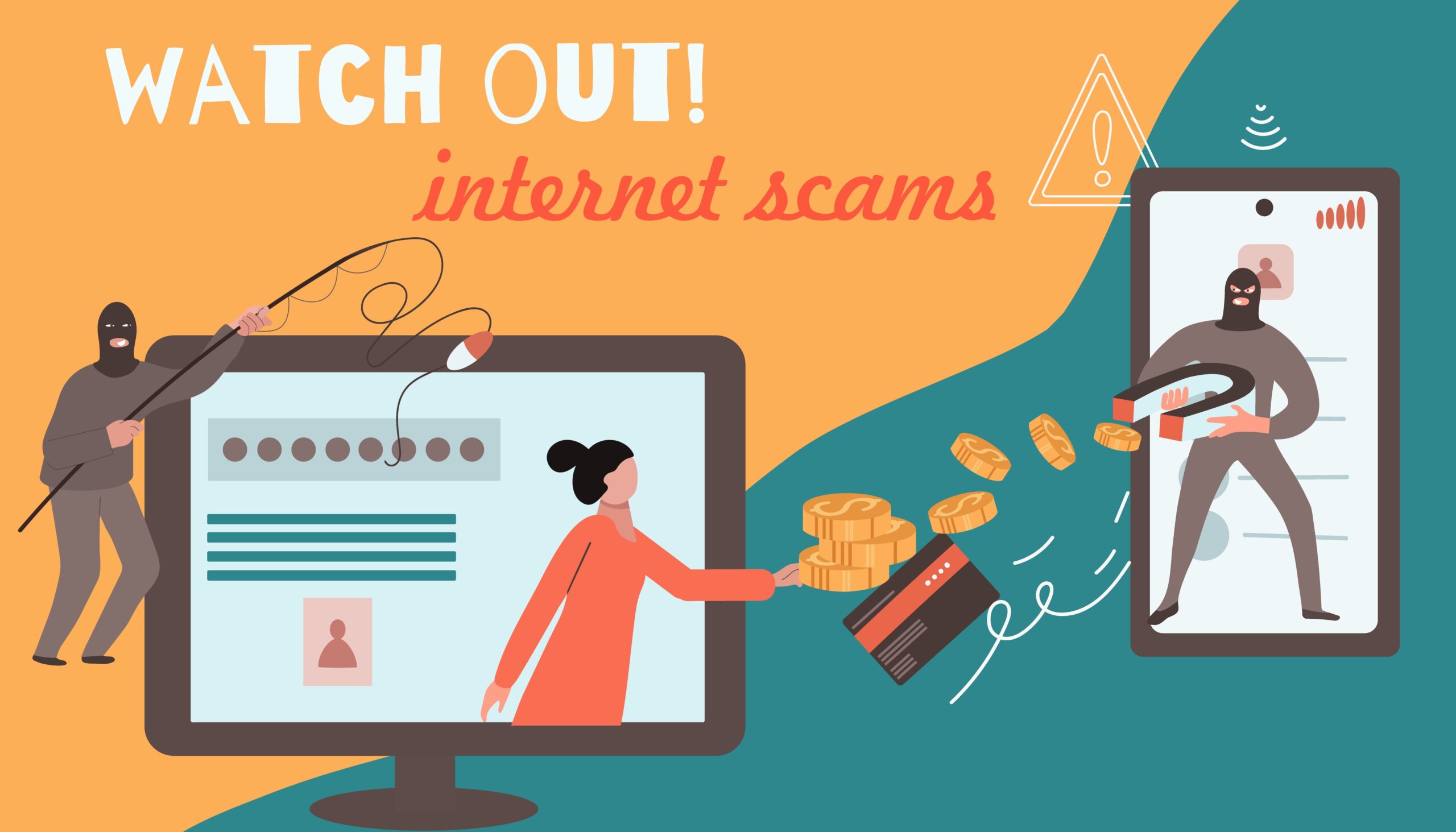
If you have received a suspicious message, phone call or email, or if you think you’ve been scammed – follow these steps immediately.
Do not respond
- Don’t reply, even if the message says your account is at risk.
- Don’t click on any links, or open any attachments.
- Don’t provide any personal information, passwords or payment details.
Scammers often try to create a sense of urgency. Take your time to asses the situation safely.
Report the scam
Reporting helps protect others in our community. You can report a scam to:
- PNG National Cyber Security Centre
- Local Police – at your nearest RPNGC police station or to the Cybercrime Unit, located at 7mile Police Station, Port Moresby.
- Your bank (if money was involved) – visit your nearest branch or email them directly:
- Bank of South Pacific – servicebsp@bsp.com.pg
- Kina Bank – FraudPrevention@kinabank.com.pg
- Securities Commission of PNG – to report suspicious investment activities
Include any screenshots, email addresses, or phone numbers used in the scam.
Secure your devices and accounts
If you clicked on a suspicious link or downloaded a file:
- Run a full virus/malware scan using trusted security software.
- Change your passwords immediately, especially for any accounts that might be at risk.
- Turn on two-factor authentication (2FA) if available.
If you gave out financial or personal information
Act quickly:
- Contact your bank to report the scam.
- Watch out for unusual activity in your online accounts and bank statements.
Tell others
Let friends, family and coworkers know about the scam – especially if its pretending to be from a trusted government agency, utility provider or community service.
The more people are aware, the harder it is for scammers to succeed.
